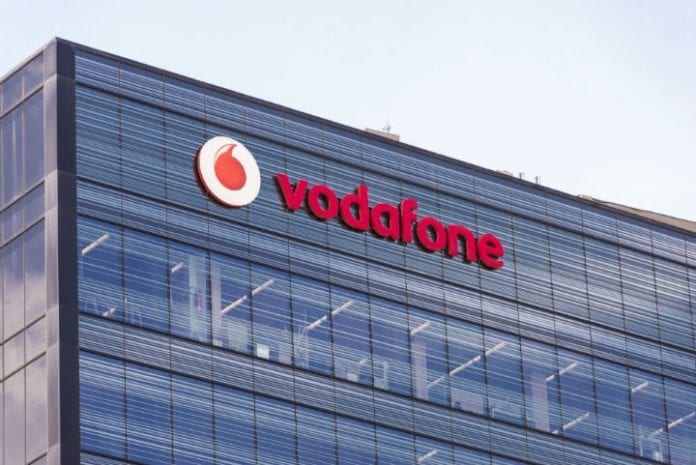In addition, Vodafone and Saudi Telecom Company agreed to establish a long-term partnership
Vodafone Egypt, the leading operator in the north African country, has signed an initial agreement to sell a 55% stake in in the company to state-controlled telecommunications group Saudi Telecom Company (STC) for $2.4 billion. The prospective deal, which is still subject to detailed due diligence, is part of STC’s intention to grow regionally.
“The transaction […] confirms STC’s eagerness to maintain a leadership position not only in the [Kingdom of Saudi Arabia], but also in the wider region,” said Nasser al-Nasser, CEO of STC Group.
In addition, the parties agreed to establish a long-term partnership, which will include use of the Vodafone brand, preferential roaming arrangements, access to Vodafone’s central procurement function and a range of other services, according to Vodafone.
While Vodafone might be giving up some control over the Egyptian market, the company said it will continue to have a significant presence in the region through its shared-services centers.
In related news, STC, in collaboration with Ericsson, launched the region’s first 5G-supported self-driving bus this week at the King Abdulaziz Telecommunication Complex in Riyadh.
According to the telco, the 5G bus supports Saudi Arabia’s digital transformation by providing smart solutions improve the lives of citizens across multiple fields, including public transportation.
“We are glad to launch this pioneering experiment today. STC will continue to lead the digital transformation, in line with the Saudi Vision 2030,” said al-Nasser.
STC introduced a 5G network to the Saudi market last June, and the April before that, the telecom completed its first over-the-air call using a smartphone equipped with 5G technology.
Last February, Minister of Communications and Information Technology Abdullah Al-Sawaha claimed that Saudi Arabia was one of the first countries to launch 5G, adding that by 2030, the next-generation network is expected to contribute to the creation of more than $8 billion in telecom revenue and more than $19 billion to the GDP, as well as support 45 million new internet of things devices.

